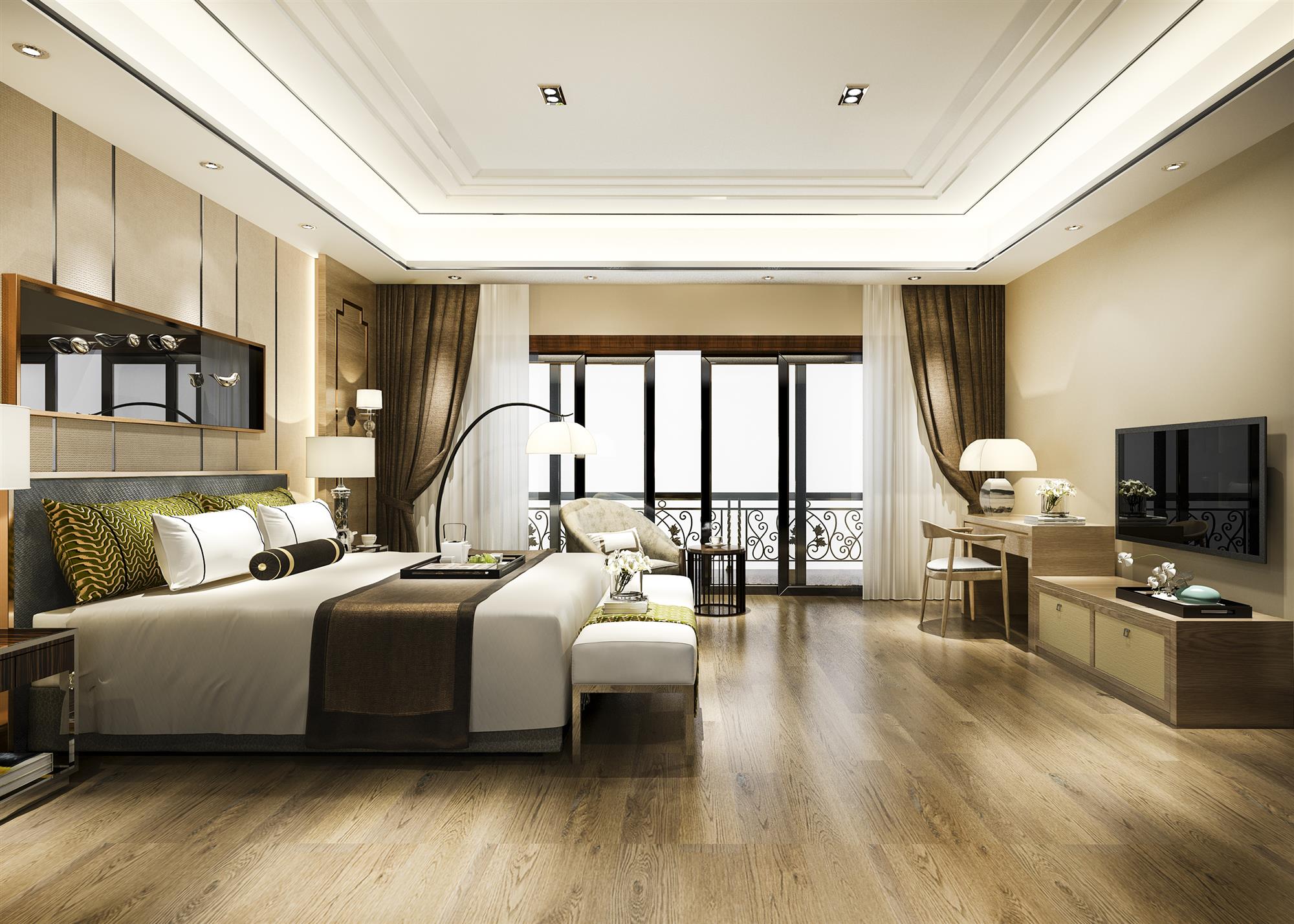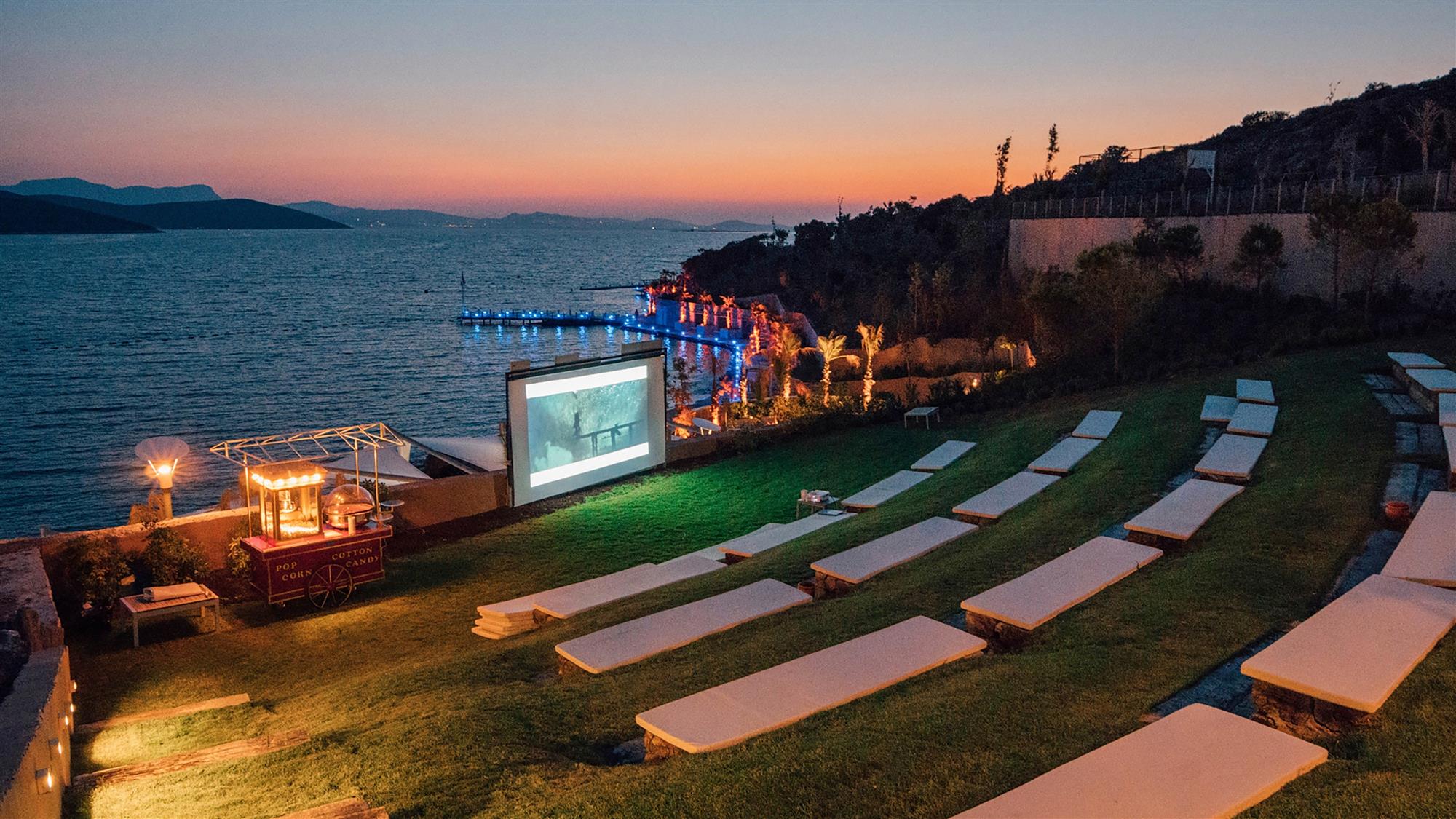
Source: Freepik
Workcations, Staycations, and even Bleisure – extending the work trip into the weekend for a small holiday – are all trends that will gain traction in the medium term, especially given the uncertainty as new COVID variants emerge. As a result, these offerings can be developed into long-term opportunities for hoteliers. Moreover, the single largest concern for business hotels in the pre-pandemic era was how to increase occupancy during the weekends when corporate demand dropped significantly. As the pandemic has created a whole new segment of local staycations, business hotels now have the opportunity to attract this segment even when business travel returns to its peak. Given the right focus, this trend of city staycations can be an absolute game-changer with regards to the performance of business hotels, which usually saw high occupancies during the weekdays and struggled to fill rooms during the weekends. To set themselves apart from their competitors, it is imperative that hoteliers get creative, try out interesting new concepts, and develop unique experiences for local guests.
Specially curated dining or wellness packages, or those focused on specific local events, themes, or activities, can be designed to appeal to a wide range of leisure guests — solo travelers, couples, families with small children, extended families, group of friends, pet-parents, and so on. For example, a family movie night package can include a private screening of their favorite film in the hotel banquet, replete with popcorn and snacks. Parents with little children can take advantage of a workcation package that includes a safe and secure childcare facility. Another concept that may appeal to families, particularly during the winter months, is a camping package with tents and bonfire activities for children. In the absence of international travel, redecorating the hotel as a foreign tourist destination and offering dining packages that celebrate the local cuisine could also attract guests. Special bleisure packages can be created as per the negotiated discounted room rate, with extra benefits like discounted wellness treatments and special dining packages, to incentivize guests to stay longer. The possibilities are only limited by the budget and the creativity.

Leisure travelers, however, are generally more price-sensitive than business travelers and seek to enhance their travel experience. This is one of the key reasons why, after the first and second COVID waves subsided, several luxury city hotels saw increasing demand on account of the enticing staycation packages they offered. To provide guests with unique experiences, hotels can collaborate with local attractions like museums, amusement parks, and restaurants. Other attractions can be heritage walks with historians, specially curated wine tastings, cooking and mixology workshops with local celebrity chefs.
While corporate travel has picked up momentum in recent months, it still has a long way to go before reaching pre-pandemic levels. Focusing on the leisure segment, in the meanwhile, can help city hotels create additional revenue long after the pandemic has passed, as they learn to strike a balance between corporate and leisure segments.